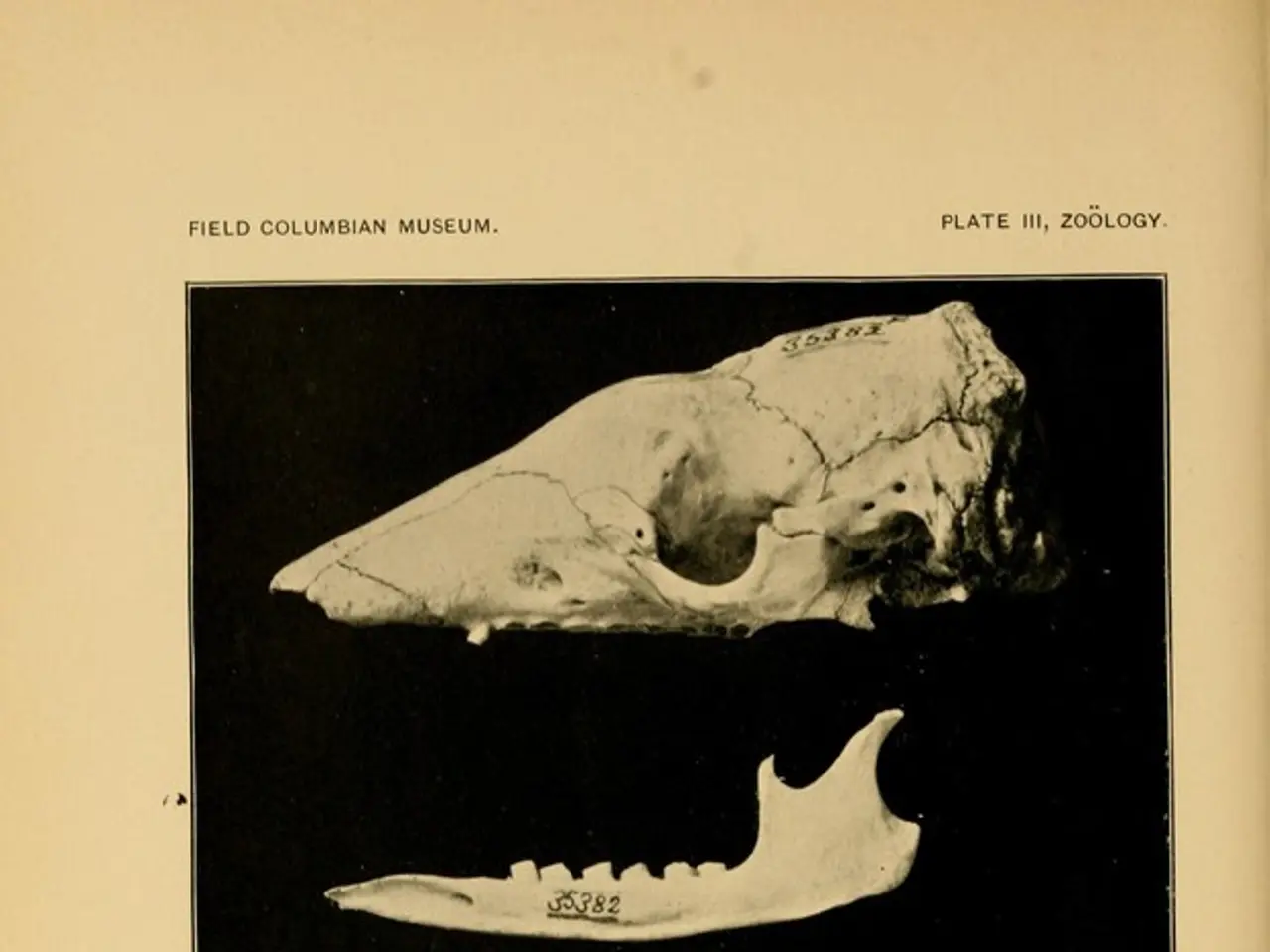Penile Bleeding: Understanding the Causes and When to Seek Medical Attention
Penile bleeding, whether during ejaculation or urination, can be a concerning symptom for many men. This article aims to provide a comprehensive overview of the common causes, symptoms, and treatments associated with penile bleeding.
Penile bleeding can be a sign of various conditions, ranging from minor injuries to more serious health issues such as infections, inflammatory conditions, and even cancer. Symptoms of a Urinary Tract Infection (UTI) include urine leakage, an urgent and intense need to urinate, a feeling of incomplete bladder emptying, passing only a few drops at a time, painful urination, and pain in the bladder or pelvic region.
Infections, such as sexually transmitted infections (STIs) like gonorrhea, can cause inflammation and bleeding in the urethra, leading to blood in ejaculation or urine. Urinary tract infections (UTIs) may similarly cause bleeding and require antibiotic treatment.
Penile lichen sclerosus (BXO), a chronic inflammatory skin condition, can cause irritation, scarring, and bleeding of the penile tissue. Acute prostatitis (inflammation or infection of the prostate) can cause painful urination and blood in urine or semen, usually bacterial and treated with antibiotics.
Trauma or mechanical injury during sex or vigorous masturbation can also cause bleeding. Urethral problems, such as urethritis or strictures, can lead to bleeding during urination or ejaculation.
Other causes of penile bleeding include cancer, vascular abnormalities, or bleeding disorders, especially relevant if using anticoagulants.
Treatment for penile bleeding depends on the cause. For infections, antibiotics are often prescribed. Topical corticosteroids, circumcision, or platelet-rich plasma injections may be used to promote tissue healing for conditions like penile lichen sclerosus. Acute prostatitis is usually treated with prolonged antibiotic therapy, sometimes intravenous, and catheterization may be needed if the swollen prostate blocks urine.
It is essential to seek medical attention promptly if experiencing persistent or heavy bleeding, accompanying symptoms like pain, fever, difficulty urinating, or signs of infection or severe discomfort. Early diagnosis and targeted treatment are key to resolving penile bleeding and preventing complications.
In summary, penile bleeding during ejaculation or urination often results from infections, inflammatory conditions like lichen sclerosus, or prostate inflammation. Treatment usually involves antibiotics for infections, topical or surgical management for inflammatory skin conditions, and avoiding trauma. Consulting a healthcare professional promptly is essential to identify the underlying cause and receive appropriate therapy.
- Besides infections and inflammatory conditions, penile bleeding might indicate more serious medical-conditions like cancer, vascular abnormalities, or bleeding disorders.
- Men's health, particularly urinaryhealth, can be affected by conditions such as Urinary Tract Infections (UTIs), which may cause symptoms like blood in urine or ejaculation.
- Diabetes, bipolar, depression, or multiple sclerosis are not directly associated with penile bleeding, but they are significant health-and-wellness issues that men should be aware of and manage appropriately.
- Penile Lichen Sclerosus (BXO), a skin-care issue, can cause irritation, scarring, and bleeding of the penile tissue.
- Accident and falls, or mechanical injuries during sex or vigorous masturbation, can lead to bleeding in the penile area.
- Urethral problems, like urethritis or strictures, can result in bleeding during urination or ejaculation.
- The Predictive Science of medicine can help identify the root cause of penile bleeding, ensuring appropriate treatment and preventing complications.
- Science has made advancements in treating various medical-conditions, including penile bleeding, through the use of antibiotics, topical corticosteroids, circumcision, and platelet-rich plasma injections.
- It's crucial to seek immediate medical attention for persistent or heavy bleeding, as well as accompanying symptoms like pain, fever, difficulty urinating, or signs of infection or severe discomfort, to determine the cause and receive prompt treatment.




